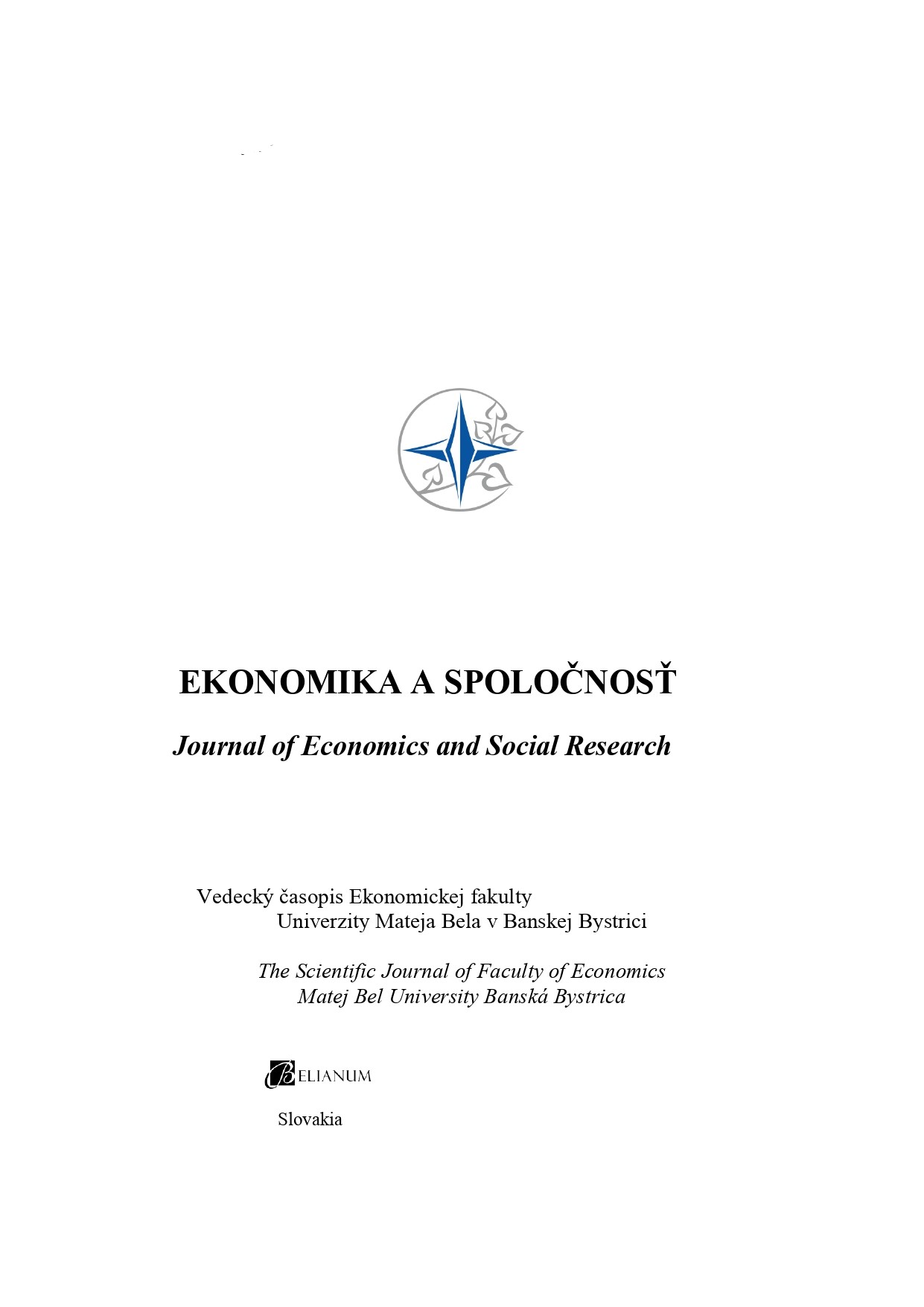Alfred Marshall a jeho prínos pre ekonómiu
Alfred Marshall and his contribution to economics
Author(s): Ivana Kuraková, Timotej ŠagúlSubject(s): Economy, Micro-Economics, Economic history, History of ideas, Political economy, Scientific Life, Socio-Economic Research
Published by: Belianum
Keywords: Alfred Marshall; neoclassical economics; marginal utility; consumer surplus; price elasticity; economic welfare;
Summary/Abstract: Alfred Marshall was a prominent economist whose work significantly influenced economic theory. As a co-founder of the Cambridge school of neoclassical economics, he systematized classical economic theories and developed the theory of marginal utility. Born in 1842, Marshall's early life was marked by strict education under his father, leading him to excel in mathematics at Cambridge. Despite health issues and professional challenges, he made substantial contributions to economics, including his seminal work, "Principles of Economics," which introduced key concepts like consumer surplus and price elasticity of demand. Marshall's approach emphasized partial equilibrium analysis and the importance of marginal utility in determining prices. He also supported women's education and believed in the role of economics in improving human welfare. His legacy includes mentoring notable economists like J.M. Keynes and A.C. Pigou, and his methodologies continue to influence modern economic thought.
Journal: Ekonomika a spoločnosť
- Issue Year: 25/2024
- Issue No: 2
- Page Range: 151-158
- Page Count: 8
- Language: Slovak

